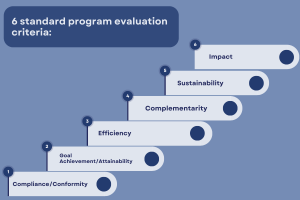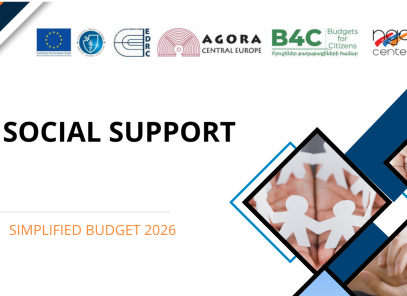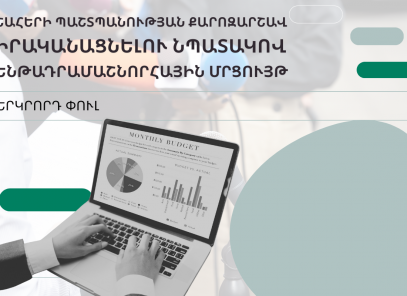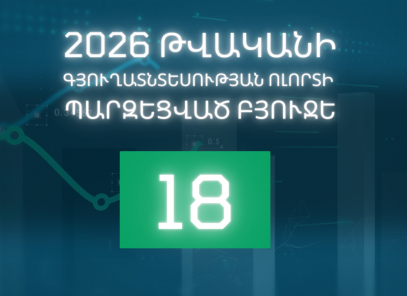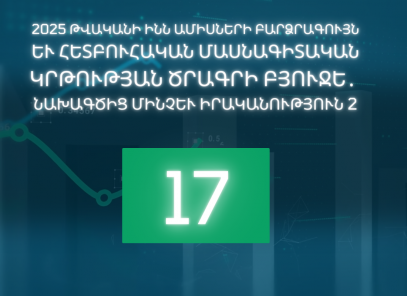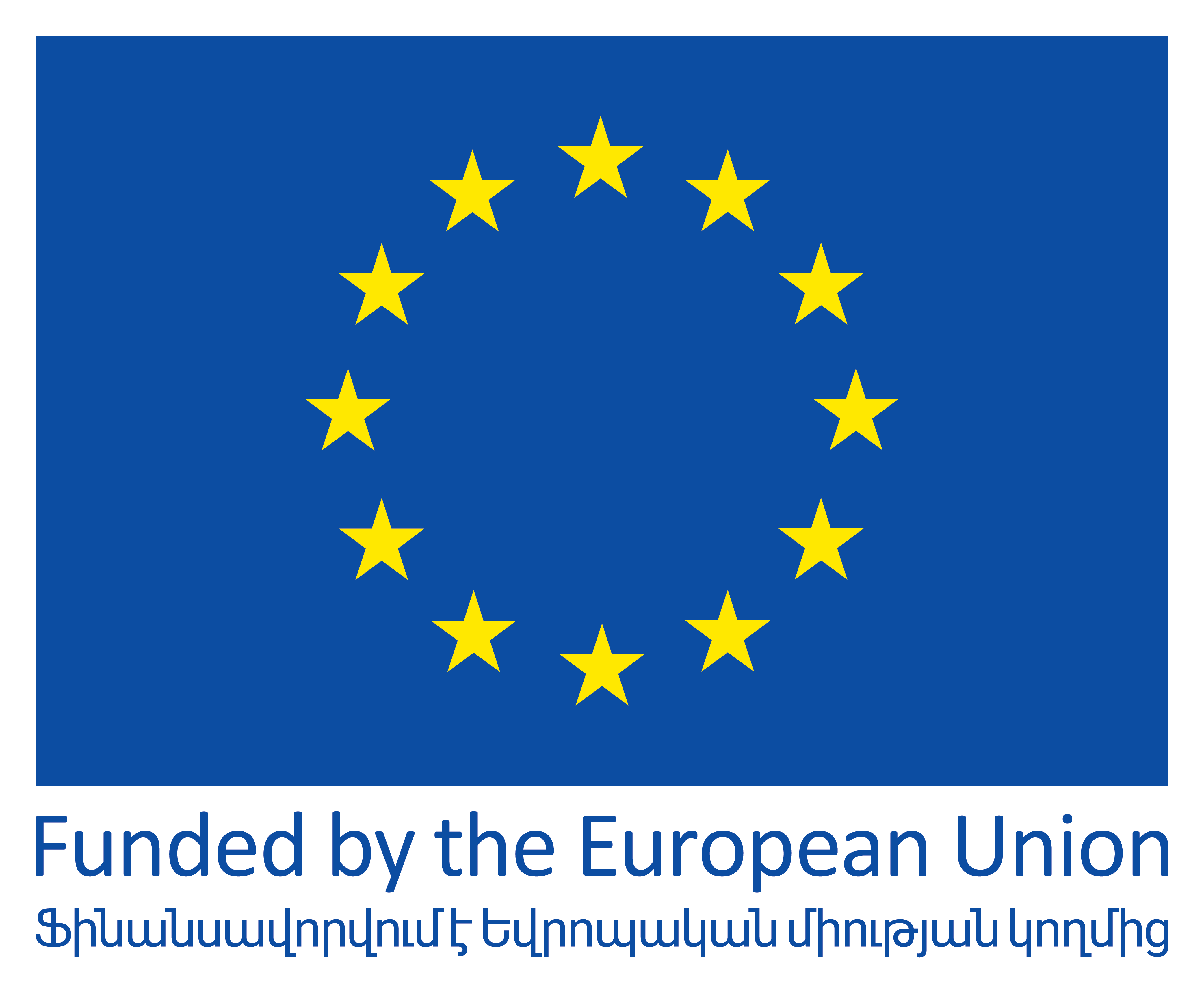Independent budget analysis refers to CSO efforts to analyze proposed government budgets and share their findings and concerns with the government and the wider public to advocate for budget changes. Independent budget analysis increases public awareness of key budget issues and may lead to the reallocation of budget resources to better reflect public priorities and concerns.
Independent budget analysis is analytical and advocacy work carried out by civil society and other independent organizations aimed at making government budgets transparent and influencing the allocation of public funds.
The objectives of the independent budget analysis are:
- Improve information sharing and public perception of the budget.
- Influencing budget allocations. This tool helps citizens to raise awareness about the impact of budget allocations and mobilize public opinion to achieve greater fairness in the distribution of budget allocations.
- Improve targeting of funds to vulnerable groups, including women and children. Independent budget analysis can assist to empowering vulnerable groups by raising their concerns.
- Initiate discussions on sectoral budget allocations.
- Influence the revenue policy.
Independent evaluation of budget programs. Assessment of the implementation of individual budget programs or measures by CSO.
Evaluation is defined as a systematic and objective (comprehensive) assessment of the process of an ongoing or completed project or program, its implementation, impact and results.
It aims to determine the relevance and degree of achievement of objectives, the effectiveness of implementation, the impact and sustainability of results.
Evaluation should provide reliable and useful information as well as provide opportunities of lessons learnt and improving decisions. The use of evaluation results in decision-making process may range from reshaping the logical framework of the program, changing the set of measures, to improving the program and making it more responsive to the needs of beneficiaries.
Different approaches and methods are used for program evaluation. OECD/DAC has defined 6 standard evaluation criteria, which essentially serve as the basis for evaluating almost all programs.
Various approaches and methods are used to evaluate projects. 6 standard evaluation criteria are proposed by the OECD/DAC, which, in fact, form the basis for almost all project evaluations.
The methods and tools for evaluating programs using this or that criterion vary, but the most commonly used ones are:
- Desk studies,
- Field visits,
- Interviews with key informants,
- Focus group discussions,
- Stakeholder opinion surveys,
- Statistical-quantitative research,
- Examination of documented information,
- Database research, analysis, etc.
